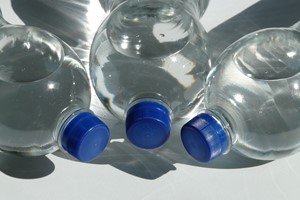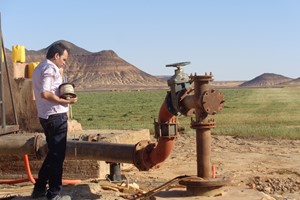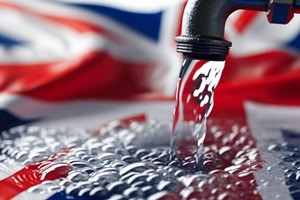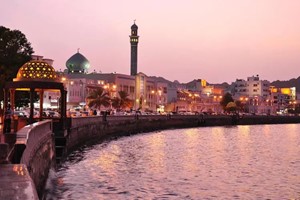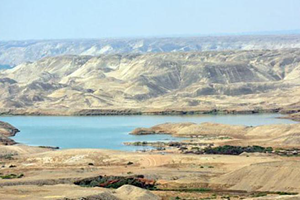This is a factor in the country having a thriving water retail market. According to Euromonitor International, market players like Loka and Raml sa turned their focus on selling bottled water for on-the-go consumption and in premium packs. Sales of Loka and Raml sa brands in 330ml metal cans, PET bottles and glass bottles became more widespread, clearly contributing to surging unit prices, allowing increased unit prices for other smaller brands as well. Spendrups Bryggeri remained the clear leader with a 44 percent retail value and a 40 percent retail volume share of bottled water in 2016. The company sells and markets Loka and Grythyttan bottled water brands. Loka is sold as carbonated bottled water and flavored bottled water, with these two categories having the highest volume sales in Sweden. The premiumisation trend is expected to continue over the forecast period. Players will sell smaller packs, such as 330ml metal cans, PET bottles and glasses, and 500ml PET bottles, as demand for on-the-go consumption will increase. In addition, players will boost the image of their bottled water brands by introducing new packaging design and color, fitting well with gourmet food and special occasions. Focus will turn towards value sales, while volume sales will remain less important. The increasing tendency of consumers in Norway to reject sugary beverages has conversely, provided a boost for sales of bottled water. With greater numbers of consumers aware of the levels of sugar present in carbonates, it is natural that they seek alternatives to quenching their thirst while in retailers. Carbonated bottled water is a favorable alternative to carbonates, and this was reflected in its strong performance with off-trade current value growth of 5 percent in 2016, according to Euromonitor. Bottled water players will continue to look to gain share by engaging in product innovation, which will result in a higher number of brands that are flavored, and increasingly resembling regular carbonates, thus blurring conventional boundaries between the categories. Sweden also champions water conservation issues. H&M, IKEA, Filippa K and 20 other Nordic brands saved more than 6.7 billion liters of water or the daily water supply for 134 million people, in less than seven years. Under the guidance of the Sweden Textile Water Initiative (STWI), a program driving global change towards sustainable textile and leather production, the factories have reduced water consumption and pollution while also improving their profits. Since joining the program, participating factories have seen a return on investment of more than 240 percent over three years. In 2016, the initiative expanded from 72 to 119 factories in India, China, Bangladesh, Turkey and Ethiopia. In 2017, STWI plans to expand to Hong Kong, Myanmar, Pakistan, Indonesia, Cambodia and Vietnam. "STWI is a model for the entire manufacturing industry. By working closely with partners and their suppliers we have demonstrated that environmental sustainability is good business," said Rami Abdel Rahman, STWI program manager. "We are motivated by the continued success of the programme and will continue to empower sustainability champions who believe in our vision of driving collaborative global change towards sustainable practices," added Abdel Rahman.
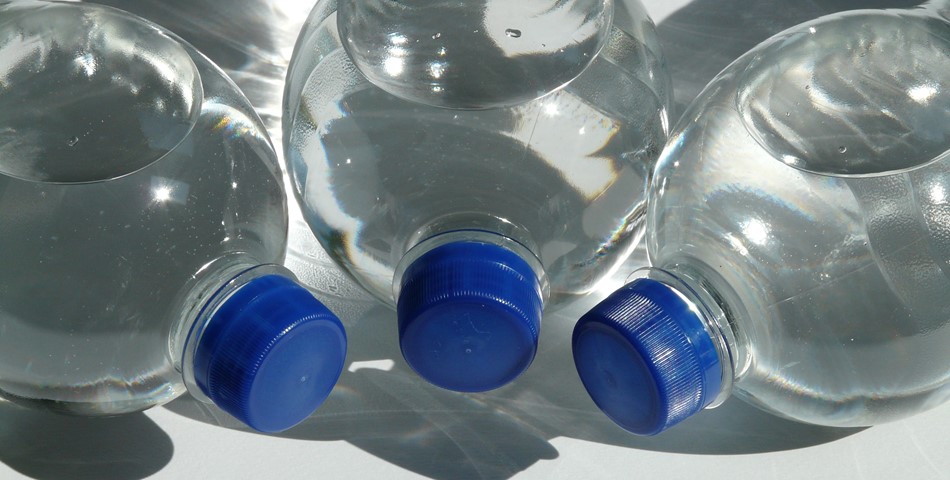
Global research has revealed that today 2.6 billion people around the world lack improved sanitation, about 800 million lack safe drinking water, 2 billion people are undernourished, and 60 percent of the earth's ecosystem services are deteriorating. All these challenges are directly linked to water security, according to research by Swedish Cleantech. Sweden can certainly play a significant role in overcoming many common challenges in developing countries by providing technologies to purify water with solar power, chemical-free treatments, and innovative water recycling solutions.
Related Articles




